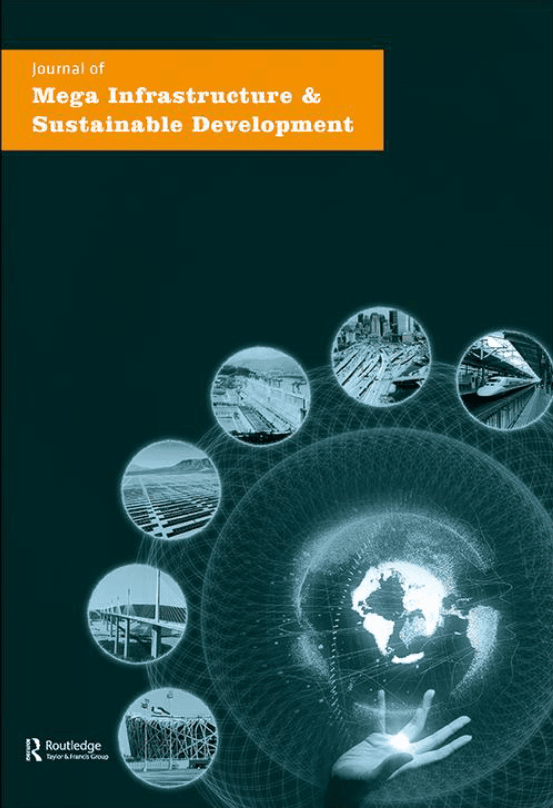Indispensable, Safe and Sustainable? European Narratives and Visions on Nuclear Energy Megaprojects in the 1970s
In: Journal of Mega Infrastructure and Sustainable Development
Abstract
Present-day energy systems are shaped by past decisions, which were informed by contemporary considerations about different energy sources and visions of the future. Hence, today, at a time when a new energy transition is on the agenda, it is important to understand those past rationales that account for previous energy transitions, notably the introduction of large-scale nuclear power in the 1970s. This article argues that in the debates in the European Parliament, representatives of West European mainstream parties specialising in energy and environmental policy used arguments that reflect the key components of what we today call sustainability. The analysis of the debate on nuclear energy megaprojects in the European Parliament in the mid-1970s examines the arguments used, reflecting expectations about the future that shaped long-term energy planning. Transnational protests at the building sites of nuclear power plants of the mid-1970s were viewed as a threat to what most European policymakers at the time considered an indispensable energy transition. The debate thus offers unique insights into the arguments that underpinned the planned transition to nuclear energy and nuclear megaprojects and attempts to improve popular acceptability, including via better information and participation. The article highlights that those advocating a transition to nuclear power used arguments surprisingly similar to those mobilised in current debates about energy transitions and megaprojects, including the search for nuclear waste disposal sites.
Autor*innen
Meyer, Jan-Henrik
Quelleninformation
Titel
Indispensable, Safe and Sustainable? European Narratives and Visions on Nuclear Energy Megaprojects in the 1970s
Band 2 (2)
Journal of Mega Infrastructure and Sustainable Development
Erscheinungsjahr
2022
Verlag
Routledge
Seiten
187-205
Dokumenttyp
Beitrag In